News and features
Read the latest news and features about our world-leading research, discoveries, fundraising and philanthropy. If you want to keep updated on our news, you can follow us on social media or sign up for our Search newsletter.
If you’re a journalist and want to find out more, you can contact our media relations team.

Athena Swan Silver renewal recognises ICR’s continued progress in fostering an inclusive research culture
The Institute of Cancer Research has been granted an Athena Swan Silver Award for a further four years, in recognition of the ICR’s continued progress in embedding gender equality and fostering an inclusive research culture.
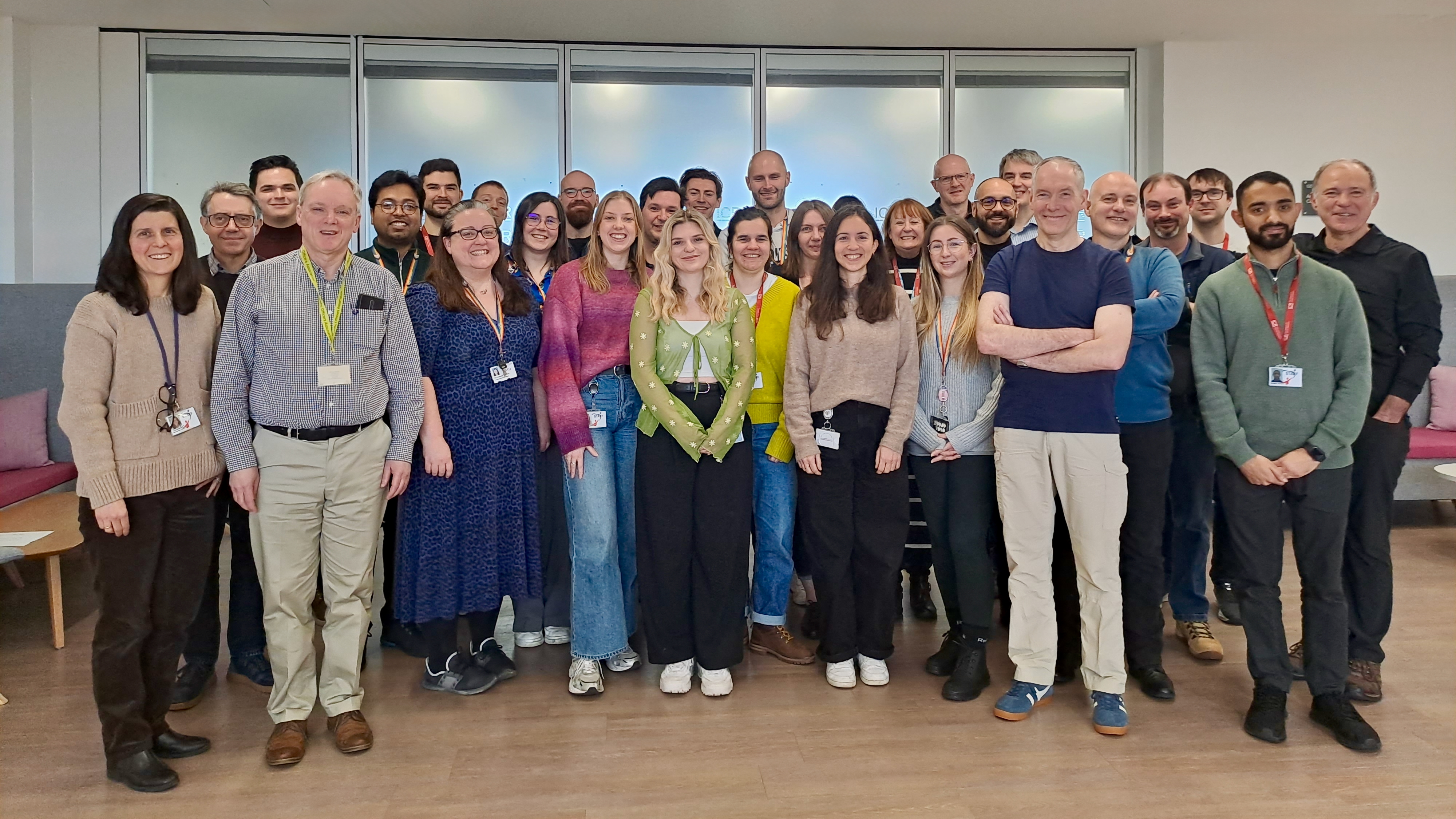
ICR Centre for Protein Degradation and NEOsphere Biotechnologies announce research collaboration to discover new molecular glue degrader therapeutics
ICR Centre for Protein Degradation and NEOsphere Biotechnologies announce research collaboration to discover new molecular glue degrader therapeutics.
.jpeg?sfvrsn=2b0f927_1)
New alcohol-based solution cuts time and cost of organoid harvesting
A new study unveils a fast, low-cost solution for harvesting organoids – miniature three-dimensional (3D) models of human tissue – that could accelerate cancer research and make advanced cell culture techniques more widely accessible.
---945x532.jpg?sfvrsn=73000500_2)
Cutting-edge proton beam therapy is no better than advanced radiotherapy for treating head and neck cancer
Cutting edge proton beam therapy is no better than intensity-modulated radiotherapy for treating people with head and neck cancer, according to new findings from a nationwide clinical trial.
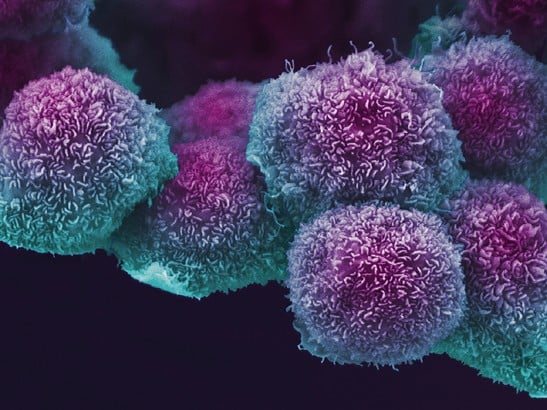
Breakthrough discovery reveals new drug target to stop pancreatic cancer spreading
Scientists have discovered a key protein that could be targeted with a drug to treat the most common and aggressive form of pancreatic cancer.
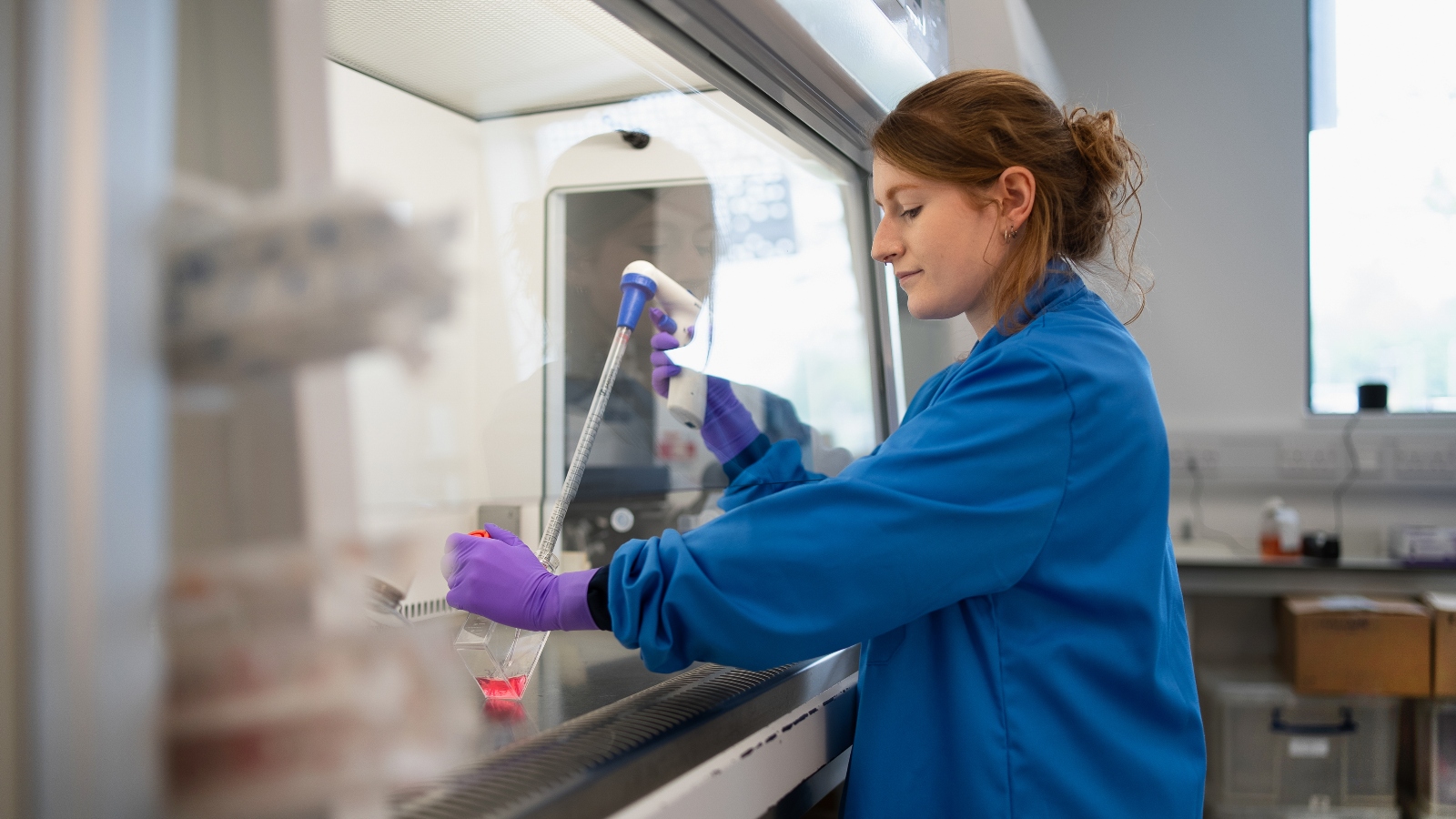
ICR and Enamine announce new collaboration in fragment-based drug discovery
The Institute of Cancer Research and Enamine Ltd. have announced a new research collaboration aimed at broadening the tools available for researchers working in fragment-based drug discovery (FBDD).
.jpg?sfvrsn=21a64ae3_1)
New cancer test could predict, up to 10 years in advance, when treatment will be needed
Scientists have developed a new test that can decode when someone’s cancer first started growing and how fast it is growing, potentially allowing doctors to accurately predict when a patient will need treatment.

The ICR and The Royal Marsden team up with PureGym to support men with advanced prostate cancer to be more active
The Institute of Cancer Research, London, and The Royal Marsden NHS Foundation Trust have teamed up with Sir Chris Hoy and PureGym to launch a collaboration to encourage men with prostate cancer to be more active.
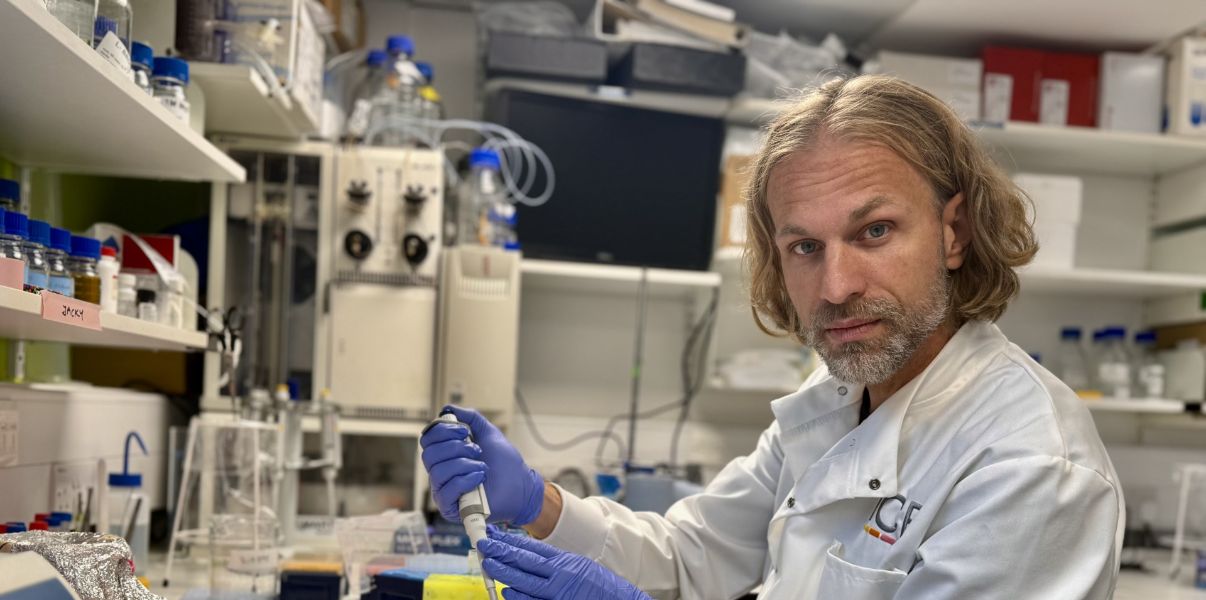
Subtle chemical tweak helps determine whether cells grow, potentially affecting cancer risk
Researchers have discovered a tiny chemical switch inside our cells that helps control whether they keep dividing or stop for good – a finding that could influence future cancer therapies and deepen our understanding of ageing.
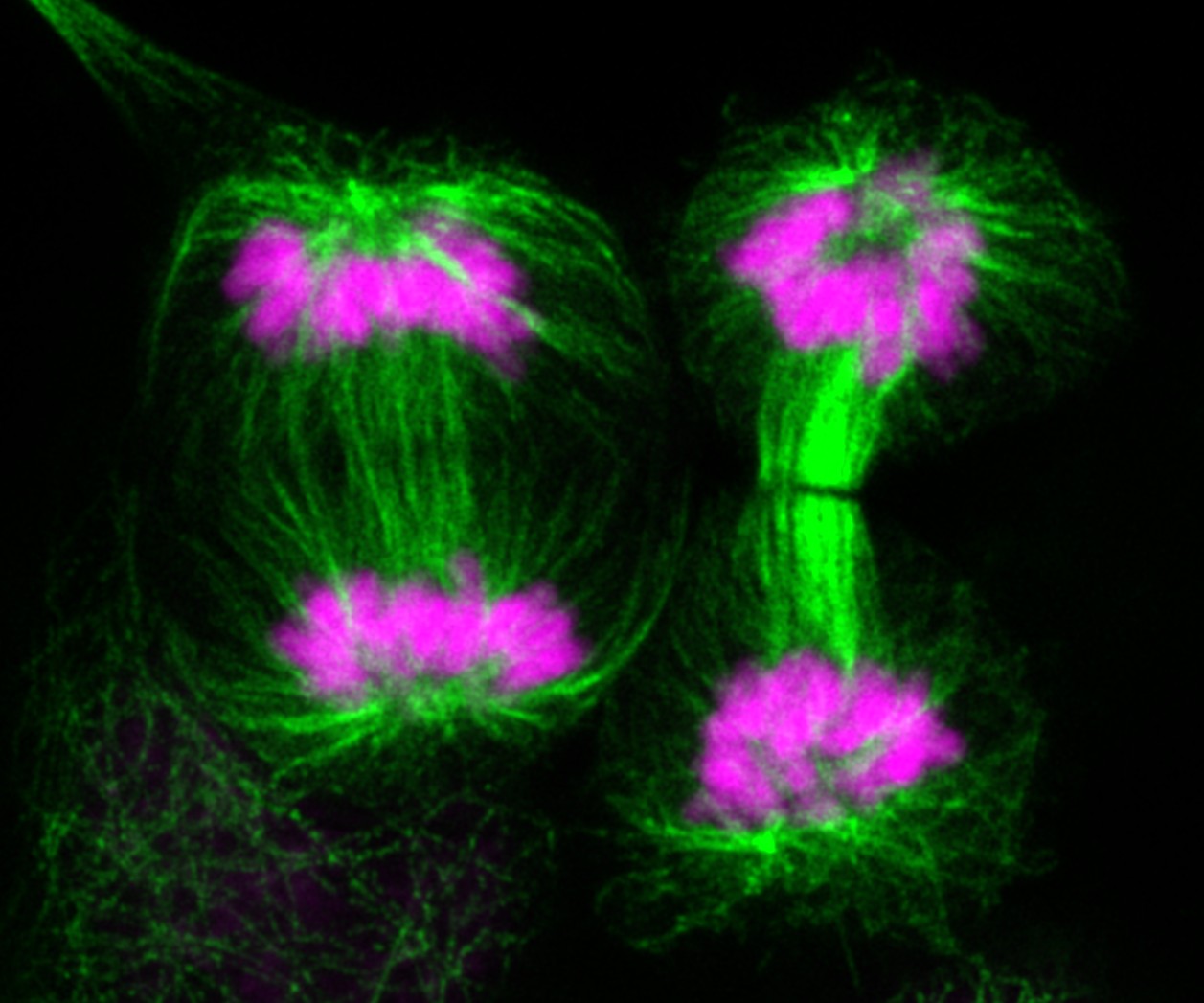
Postdoc Maria Taskinen wins ICR Science and Medical Image Competition 2025
Seven images were shortlisted for this year’s annual Science and Medical Image competition, showcasing the eye-catching science being carried out at the ICR. Three winners were selected by a judging panel and the fourth was chosen by the public based on votes on social media.

New research reveals how combining viruses with targeted drugs can boost cancer-killing immune responses
Two studies have uncovered how combining a cancer-killing reovirus with targeted cancer drugs can dramatically boost immune responses and tumour destruction – offering a promising route to more effective, personalised cancer therapies.

How advances in microscopy are transforming structural biology at the ICR
At The Institute of Cancer Research, London, our ability to visualise the intricate inner workings of cancer is going from strength to strength. Robbie Lockyer spoke with scientists using cutting-edge imaging techniques to uncover how these tools are helping us understand cancer in unprecedented detail.
